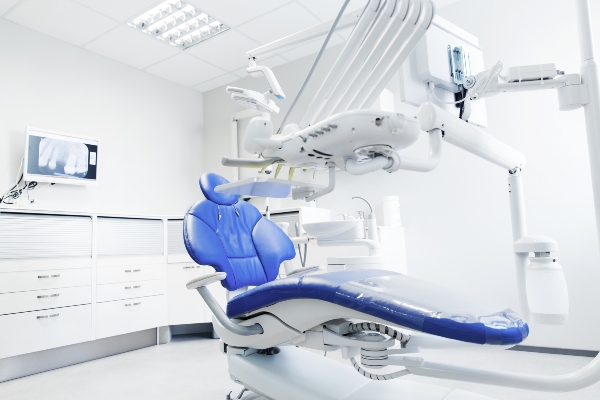 An emergency dentist can provide immediate care, and being prepared can help protect your teeth and alleviate pain while waiting for treatment. Whether you are dealing with a knocked-out tooth, severe pain, or a broken filling, having a plan in place can prevent further damage. Knowing how to manage a dental emergency before it occurs can help maintain a healthy smile.
An emergency dentist can provide immediate care, and being prepared can help protect your teeth and alleviate pain while waiting for treatment. Whether you are dealing with a knocked-out tooth, severe pain, or a broken filling, having a plan in place can prevent further damage. Knowing how to manage a dental emergency before it occurs can help maintain a healthy smile.
Common dental emergencies
Dental emergencies can range from severe toothaches to knocked-out or broken teeth, as well as lost fillings or crowns. Infections or gum swelling also require prompt attention. Recognizing the signs of a dental emergency, such as persistent pain or sudden injury, is key to seeking timely care from an emergency dentist and preventing further damage. Immediate treatment for issues like a toothache lasting more than a day or a knocked-out tooth can significantly improve outcomes, while any injury causing bleeding, swelling, or sharp pain should be treated as urgent.
What to do in a dental emergency
Taking the right steps can protect the teeth and reduce discomfort. Here is what to do in the event of a:
Knocked-out tooth
Hold the tooth by the crown, not the root, and rinse it with water if it is dirty. If possible, place it back in the socket. If that is not an option, keep it in a container of milk or saliva and get to an emergency dentist quickly.
Toothache
Rinse the mouth with warm water and use dental floss to remove anything stuck between the teeth. A cold compress can help reduce swelling. Avoid putting aspirin directly on the gums, as this can cause irritation. See an emergency dentist if the pain is severe or lasts more than a day or two.
Broken tooth
Rinse the mouth with warm water and keep any broken pieces if possible. A cold compress can help with swelling, and sugar-free gum or dental wax can cover any sharp edges. An emergency dentist will assess the tooth and discuss restoration options. The sooner this is done, the higher the chances of avoiding infection and further tooth damage.
Lost filling or crown
If a crown falls off, try to place it back on the tooth using dental cement or toothpaste. A piece of sugar-free gum can temporarily cover a lost filling. See an emergency dentist as soon as possible to help prevent further damage.
How to prepare for a dental emergency
A few simple steps can make handling a dental emergency easier. Keeping a dental emergency kit at home or in a bag can provide quick relief before seeing a dentist. A kit should include gauze, a small container with a lid, dental floss, dental wax, and pain relievers. Having the contact information for an emergency dentist saved in a phone or written down can also save time during a stressful situation.
Being ready for a dental emergency
A dental emergency can be painful and stressful, but being prepared can make a big difference. Knowing how to respond and having the right tools can help protect teeth until an emergency dentist provides care. Contact River Falls Family Dental to learn more about our emergency dental services.
Request an appointment or call River Falls Family Dental at 812-962-7342 for an appointment in our New Albany office.
Related Posts
If you have severe dental pain, an infection, or an injury, seeing an emergency dentist can give you immediate relief. However, following the recommended care instructions after professional treatment is important to ensure proper healing and avoid potential complications. Following these post-treatment guidelines can lead to a smoother recovery and better overall oral health.Following a…
Oral health myths can often lead to misguided attempts to solve dental problems, potentially making things worse. Emergency and general dentists frequently treat patients who have attempted (and failed) to manage dental emergencies with these quick fixes. Debunking common myths about oral health can save patients time, money, and trouble. Along with that, debunking these…
An emergency dentist is essential for anyone facing unexpected dental issues that require immediate attention. Whether the issue is a severe toothache, injury, or infection, seeking help from an emergency dentist provides prompt evaluation and treatment to prevent further complications. Taking immediate action allows patients to alleviate pain and avoid long-term damage to their oral…
